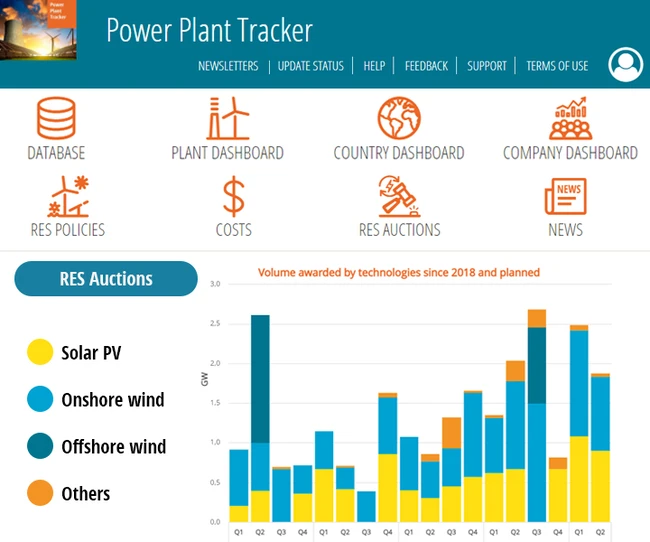The European Commission has cleared two Lithuanian support schemes for the power sector under EU State aid rules, saying that they are in line with the European Union's environmental objectives without unduly distorting competition.
The first measure was adopted in 2012 and is meant to boost the production of electricity from renewable energy sources (including wind, solar, hydropower, biomass and biogas). The scheme is slated to run until 2029 and is expected to amount €1.2bn. The European Commission already approved aid granted under this scheme from 2012 to 2015, when beneficiaries were selected through tender procedures and then received support in the form of a feed-in-premium for a 12-year period. As per the current scheme, small-scale power plants (i.e. below 30 kW) receive support in the form of a 12-year fixed feed-in-tariff (FiT).
The second scheme supports energy-intensive users. In Lithuania, the public support to producers of electricity from renewable energy sources is financed via a levy paid by the final power consumers. Starting from 2019, the government plans to grant reductions on this levy to energy-intensive industrial users, such as fertilizer producers. They now obtain a compensation for 85% of the levy paid the previous years if they demonstrate an electro-intensity level of at least 20%. This measure, which will only be granted to energy intensive companies exposed to international trade, was approved by the European Commission.

Do you want to become an expert on renewable energies auctions?
Discover our very detailed and regularly updated RES auctions database with worldwide coverage and a technical focus backed by academic research.
With our renewable energies auctions service you will be able to monitor auctions at a global level. Its (expanding) scope notably includes all major G20 countries and offers an especially fine tracking on Europe and South America.
 Energy and Climate Databases
Energy and Climate Databases Market Analysis
Market Analysis